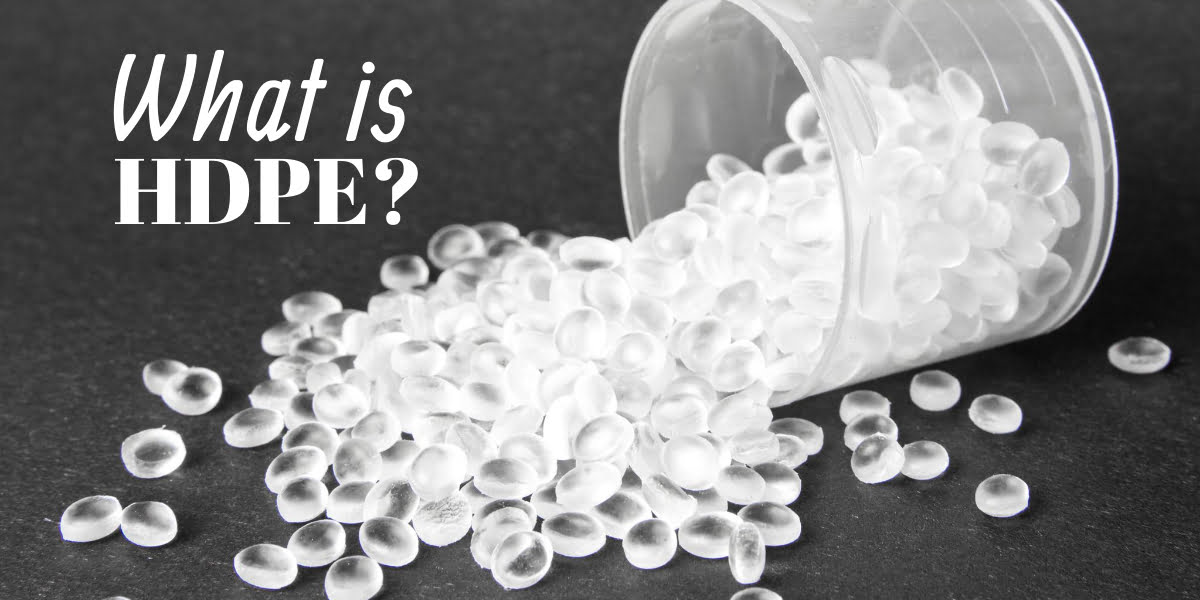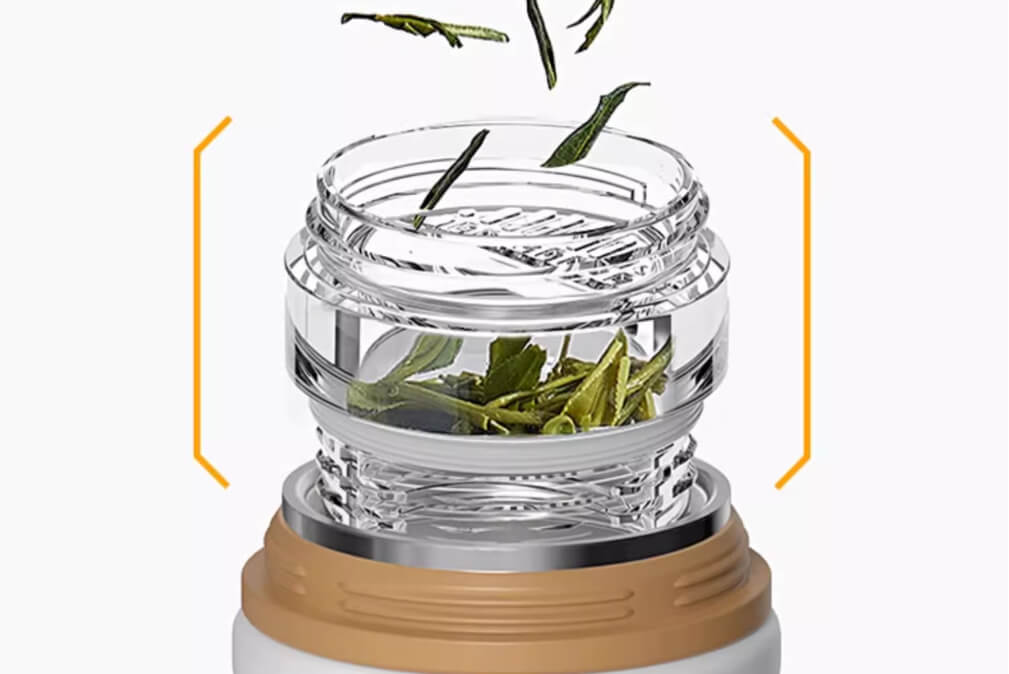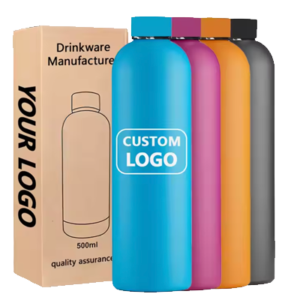What is HDPE?
HDPE is the abbreviation for High Density Polyethylene, which is a polymer made by ethylene polymerization. It has excellent properties such as high density, high strength, high rigidity, wear resistance, corrosion resistance, UV resistance, and anti-aging.

Table of Contents
ToggleI. What are the advantages of HDPE?
1. High density: HDPE has a high density, about 20% higher than ordinary polyethylene, which gives it higher strength and hardness.
2. Abrasion Resistance: HDPE has excellent abrasion resistance, is able to resist friction and abrasion, not easy to wear and deform.
3. Corrosion resistance: HDPE has excellent corrosion resistance and can resist the corrosion of acid, alkali, and other corrosive media.
4. UV resistance: HDPE has good UV resistance, is not easy to aging and discoloration, and is suitable for outdoor environments.
5. Recyclability: HDPE is a recyclable plastic material, friendly to the environment, in line with the concept of environmental protection, making water bottles can also be recycled.
6. Easy to clean: HDPE has good chemical stability, so the products are easy to clean, can be used frequently, and can withstand high-temperature cleaning.
7. Lightweight and easy to carry: Due to the low density of HDPE, the production of water bottles is relatively lightweight, easy to carry, and suitable for use in the outdoors, travel and daily life.
Ⅱ.What are the disadvantages of HDPE?
HDPE is relatively hard and has lower transparency compared to materials such as PP, which affects the texture and appearance of the water bottle. Water bottles made of HDPE are only suitable for warm water, cold water, and ice water, as HDPE has poor heat resistance and cannot be used used in microwave heating.
1. Not heat resistant: HDPE has poor heat resistance and is not suitable for use with hot water or hot drinks.
2. Easy to scratch: Despite its high abrasion resistance, HDPE is easy to scratch by knives or sharp objects, which affects the appearance and cleanliness of the water bottle.
3. Harmful substances: Although HDPE is generally considered a relatively safe material, some harmful substances, such as benzene, may be added during processing and production, which may have potential health effects. Therefore, when choosing HDPE-made water bottles, you should choose products with relevant quality certifications to avoid potential dangers.
HDPE has a wide range of applications in various industries, especially in the manufacturing industry. In bottle manufacturing factories, HDPE is often used to manufacture tea filters, funnels, trays, and other components.HDPE has excellent corrosion resistance and wear resistance, can effectively protect the tea products, and prolong the service life. In addition, HDPE also has good processability and moldability and can be made into various shapes and sizes of parts to meet different needs.

As a production material of water bottles, HDPE has excellent compressive impact resistance, and the finished water bottle is not easy to break and has strong durability, which can be reused multiple times and reduces plastic waste. At the same time, HDPE has good chemical resistance, can resist the erosion of acid alkali and other harmful substances, and will not produce harmful substances dissolved in water, which can protect our health.

